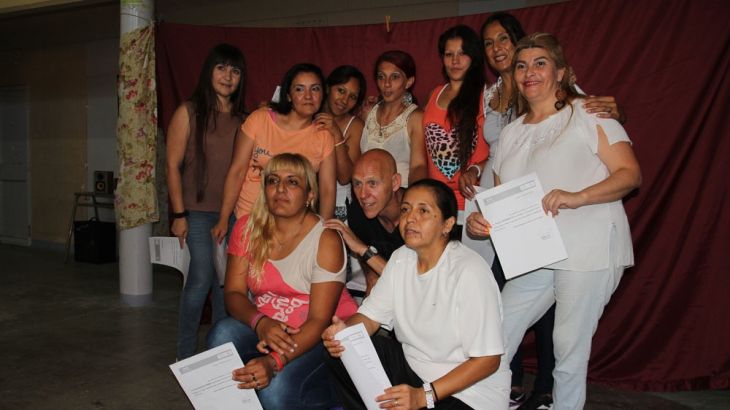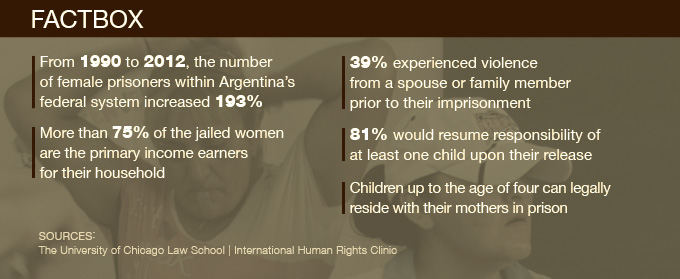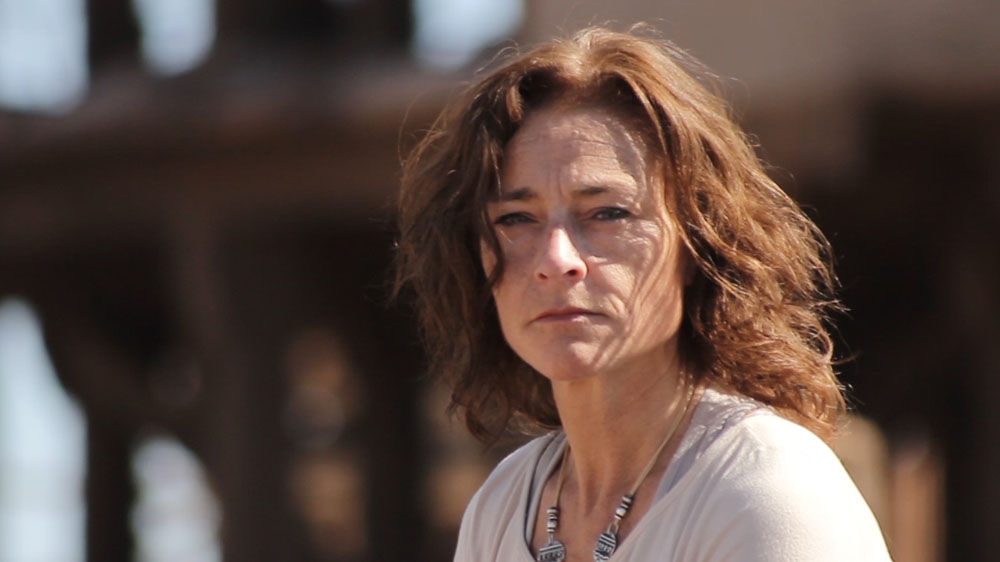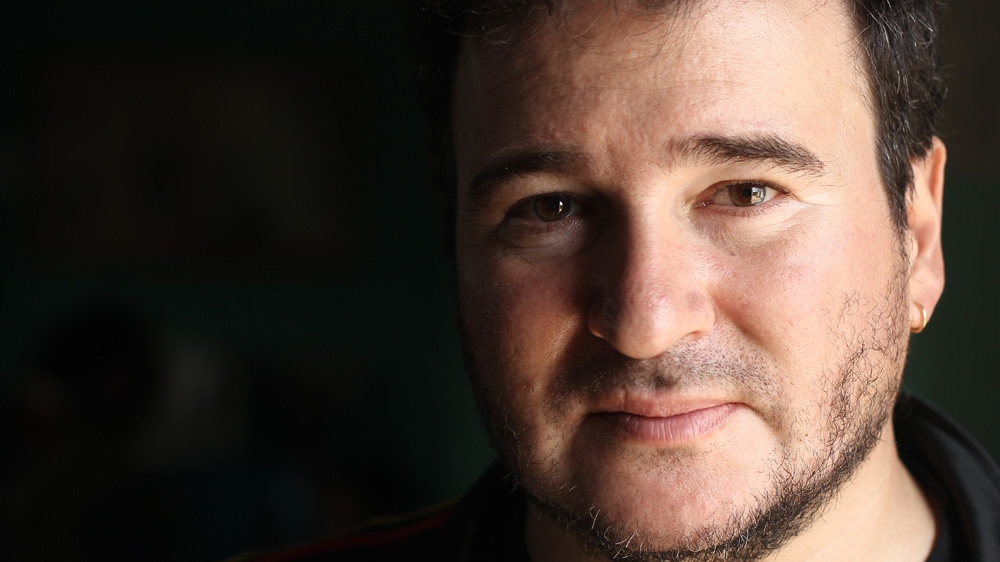
Invisible Mothers
A cast of female inmates in Argentina, mostly mothers, create a play reflecting a world behind bars.
For the mothers who are incarcerated in Argentina’s Los Hornos Prison being separated from their children is often the most difficult part of their life behind bars.
It is one reason why this facility has established a policy to allow these mothers to have their children stay with them, at least until the age of four.
Keep reading
list of 4 items‘Nothing left’: How climate change pushes Indigenous people from their land
‘Refuge of the last dreamers’: Luang Prabang, a city suspended in time
Canadian Nobel-winning author Alice Munro dies aged 92
To help them cope with this emotional environment, theatre director Miguel has established a series of workshops so that each of the inmates has an opportunity to express their feelings in a play, reflective of their life behind bars.
It becomes an outlet for their hopes, their fears, their dreams for them and their children.

FILMMAKER’S VIEW
By Ana Cacopardo and Andres Irigoyen
Invisible Mothers explores a somewhat unusual dimension of prison life – motherhood in confinement.
| Ana Cacopardo | |
Ana Cacopardo is an Argentinian journalist, producer and documentary director. She has been part of the jury in national and international documentary film festivals in different countries. She co-directed the documentary films Cartoneros deVilla Itati (2002), Un claro dia de justicia (2006) and Ojos que no ven (2009) awarded in national and international film festivals. Cacopardo is also a general producer and host of documentary series made for public television in Argentina: such as Historias debidas and Mundo aparte, among others. She is the executive director of the Commission for Memory of the Buenos Aires province (2004-2010); and she currently hosts Historias debidas Latinoamerica in Canal Encuentro, Argentina, where she interviews Latin American personalities of social and cultural agenda. Among other awards, she received the Lola Mora Award for the presentation of gender issues on television in 2013. |
In Argentina, children can live with their mothers in prison until they are four years old.
Mariana lives in prison with her two year-old son. Jazmin is about to regain her freedom and looks forward to reconnecting with her children. Both are members of a theatre group, directed by Miguel, in a women’s prison in Argentina.
In the current context, where society and media stigmatises these women, we try to offer an alternative look; putting into perspective their stories and putting into focus the tenderness, the fears and dilemmas of these invisible mothers who dare to practice theatre.
Making this film was a transformative experience for all of us. Before we started shooting, I spent five months observing the inmates as they rehearsed.
We worked together as we discussed what the meaning of this film should be. They wanted to talk to the outside world and finally have a voice of their own.
Motherhood for these women is the possibility of a new beginning. To enter their worlds is to understand that there is no such thing as a simple path in life.
Everything has a cost. Jazmin looked thrilled whenever she showed us photos of her youngest son. But she admitted that the two had lost their bond and grew distant due to her own decision not to have him in prison. The cost to her was losing the emotional link between mother and child.
On the other hand, the tenderness of Mariana with her child presented us a different option. Mariana appreciated the bond with her son. This was just one example of the dilemmas faced by these young women in confinement.
It seemed essential to us that the film was able to highlight those dilemmas, leaving aside moral judgments.
| Andres Irigoyen | |
Andres Irigoyen is an award-winning Argentinian filmmaker, musician and producer, who in 1992, founded the film and television production company Estudios Pacifico. He has directed numerous Argentinian television programmes, including the series Los Caminos del Folklore, Tococontodos I and II, MP3 Argentina and MP3 Gira Latina, which won the Martin Fierro award in 2008 and 2009 for best musical TV show. Andres has also directed and co-directed numerous documentary films and documentary series, including Cartoneros de Villa Itati (2002) and Ojos que no ven (2009), among many others. |
The film was, for us, another opportunity to celebrate the work of people like Miguel, a teacher who believes in art as a form of catharsis and release.

